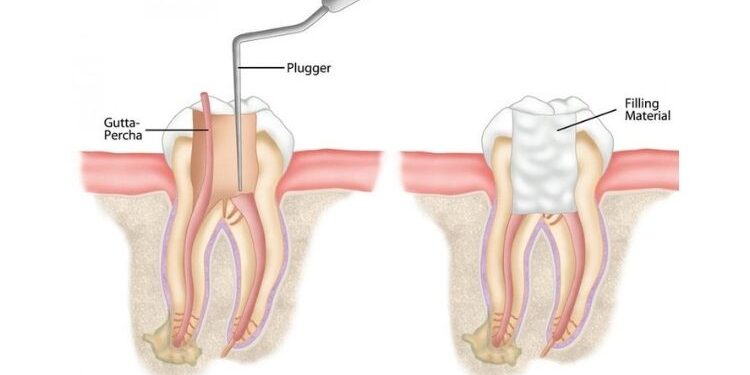There are not a lot of patients that will be presented with the two options but that doesn’t mean that it can’t happen. Tooth decay is a common problem that affects millions of dental patients across the globe. The reason why the teeth are prone to infection is because of the soft cavity which is at the core of every tooth. When you’re thinking about getting rid of an infected tooth, it is easy to assume that extraction would be the best option but that is not always the case. There could be complications and it is important to seek treatment from an experienced dentist so that you’re aware of all of your options.
Tooth Extraction: For Letting Go of the Tooth
Such a procedure will start with a local anesthetic so that the affected area is numb. The North York dentist will then use specialized tools to loosen the tooth. You can expect knocking and popping but the procedure will relatively be painless. Bleeding is expected after the procedure and the dentist will send you back home with gauze to help with biting down. It is not uncommon to experience swelling and pain after the tooth extraction but should subside after a couple of days. The dentist could provide a prescription to help with pain relief. The majority of people will feel better after two or three days. If the pain persists, make sure to reach out to the dentist.
After you’ve healed, it is imperative that the tooth is replaced to avoid the other teeth shifting out of place. There are a couple of replacement options and a good dentist should be able to take you through them all so that you’re getting the one that best suits your needs.
Root Canal: For Saving The Tooth
When a layer of your tooth is damaged or diseased, the root canal could be the only option to salvage your tooth. Just as with tooth extraction, the process will begin by numbing the tooth with a local anesthetic. This is followed by creating an opening on the tooth to expose the canals. There are special tools that are used to clean and remove the decay in the tooth. Patients can expect to experience minor discomfort after the procedure but should quickly recover. The dentist could recommend over-the-counter drugs to help with pain relief.
The Risks of a Tooth Extraction
A tooth extraction will come with high risks of infections. The empty space that is left because of the extraction could be the perfect breeding ground for all manner of bacteria. There are complications to the neighboring teeth as well. Since there is no physical support, there is a chance that they could start shifting or become weak over time. That is why you should be looking for a replacement solution as soon as you’ve recovered from the extraction. In order to prevent the risk of infection, the best solution would be to replace the missing tooth.
Root Canal Vs. Tooth Extraction
Having examined the two options, you’re probably wondering which one is ideal for your individual circumstances. Most dentists will resort to tooth extraction as a last alternative. This is when there is nothing that can be done to save the tooth. A root canal is also preferred because of the high success rate. You don’t have to worry about complications that could arise in the future.
Save the Tooth If Possible
The advancements in dentistry have made it easy to replace a missing tooth. As much as it is convenient, it does not feel the same as with natural teeth. The healing process from a tooth extraction will also be more painful compared to a root canal procedure. There are also situations where a root canal will delay but not prevent the inevitable.
Getting the Right Dentist
The dentist will be in the best position to decide on the best treatment option depending on the condition. That is why you need to take your time when doing the research on the dentist that you’ll be working with. There are some people that will find the root canal procedure is more painful than an extraction. An experienced dentist will make sure that patients are comfortable during treatment and try as much as possible to deliver a pain-free experience. Ask for references if you’re not sure about the experience of the dentist. Don’t also be afraid to seek clarification if something is unclear.
